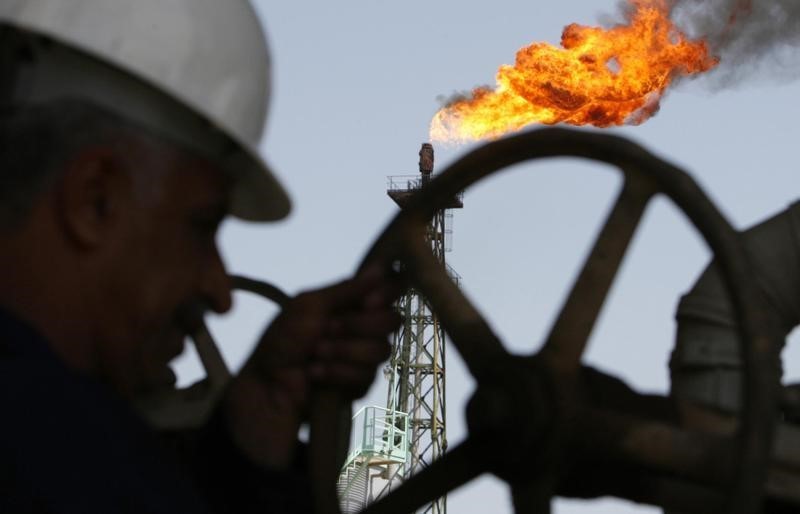Oil prices rose more than a dollar in early trading on Tuesday, reversing losses from the previous day, as concerns that a worsening conflict in the Middle East could hit supplies outweighed worries about a potential recession in the United States that could hurt demand in the world's biggest oil consumer.
price movement
By 0037 GMT, Brent crude futures were up $1.25, or 1.6 percent, at $77.55 a barrel, while U.S. West Texas Intermediate (WTI) crude futures were up $1.35, or 1.9 percent, at $74.29.
On Monday, the prices of the two benchmark crudes fell by about one percent, against the backdrop of a decline in global stock markets. The decline in oil prices was limited by concerns that Iran’s response to the assassination of Ismail Haniyeh, the head of the political bureau of the Hamas movement in Tehran, could lead to a wider war in the Middle East.
Growing concerns about escalating conflict in the Middle East have led to fresh buying, said Hiroyuki Kikukawa, president of NS Trading, a unit of Nissan Securities.
The market is heavily pricing in a retaliatory strike from Iran, so the focus is on its scope and the counterattack Israel will launch, he added.
He added that if the conflict escalates, oil prices will rise, but if it is contained in the short term, as happened in April amid similar fears of escalation, the gains will be limited.
Israel and the United States are bracing for a major escalation after Iran and its allies Hamas and Hezbollah vowed to retaliate against Israel following the killing of Haniyeh and a senior Hezbollah military commander last week.
A US State Department spokesman said on Monday that the United States is urging countries to tell Iran that escalation is not in its interest, during what Secretary of State Antony Blinken described as a critical moment for the region.
At least five American soldiers were wounded in an attack on a military base in Iraq, US officials told Reuters yesterday. It was not clear whether the attack was linked to threats of retaliation.
Iranian state media reported that President Masoud Pezeshkian told a key ally of his Russian counterpart Vladimir Putin yesterday that Tehran was determined to strengthen relations with its strategic partner Russia.
On the supply side, documents and ship tracking data showed oil exports from OPEC member Venezuela fell in July as crude processing units suffered outages, reducing available stocks from the country's main production region and delaying the loading of cargoes.







































